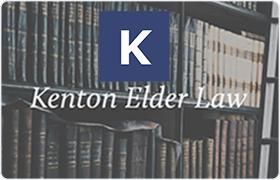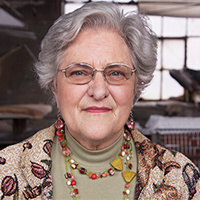PER CAPITA
Under a will, the most common method of determining what share of property each beneficiary gets when one of the beneficiaries dies before the willmaker, leavin...
(more...)Under a will, the most common method of determining what share of property each beneficiary gets when one of the beneficiaries dies before the willmaker, leaving children of his or her own. For example, Fred leaves his house jointly to his son Alan and his daughter Julie. But Alan dies before Fred, leaving two young children. If Fred's will states that heirs of a deceased beneficiary are to receive the property per capita, Julie and the two grandchildren will each take a third. If, on the other hand, Fred's will states that heirs of a deceased beneficiary are to receive the property per stirpes, Julie will receive one-half of the property, and Alan's two children will share his half in equal shares (through Alan by right of representation).
 x
x

 Carolyn Kenton Paris, KY
Carolyn Kenton Paris, KY Practice AreasExpertise
Practice AreasExpertise
